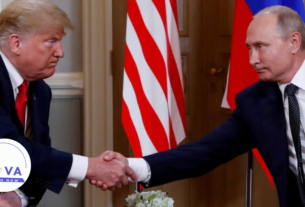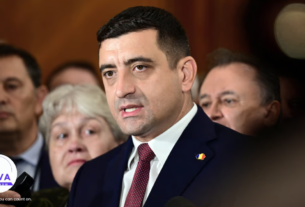President Donald Trump’s recent diplomatic efforts have raised significant concerns about the United States’ global stance on democracy and human rights. During a May 2025 visit to Riyadh, Trump assured Saudi leaders that the U.S. would no longer “lecture” them on governance. This remark, made in a country often criticized for its human rights record, marked a sharp departure from traditional U.S. foreign policy, which has long promoted democratic ideals abroad.
In contrast to his accommodating tone with authoritarian leaders, Trump took a confrontational stance with South Africa. In a highly publicized Oval Office meeting with South African President Cyril Ramaphosa, Trump showcased a misleading video alleging widespread violence against white farmers in South Africa. These claims have been widely debunked by independent investigations, and the incident drew backlash for promoting misinformation and undermining respectful diplomatic dialogue.
These actions paint a picture of a foreign policy guided more by transactional interests than by principle. Trump’s approach signals a retreat from America’s historical role as a promoter of global democratic values. Critics argue that by cozying up to authoritarian regimes while undermining legitimate democratic governments, the U.S. risks damaging its credibility on the world stage.
As global leaders and observers assess the implications of this shift, questions remain about whether the United States can reclaim its position as a moral leader in international affairs or whether this represents a new, enduring chapter in its foreign policy strategy.




